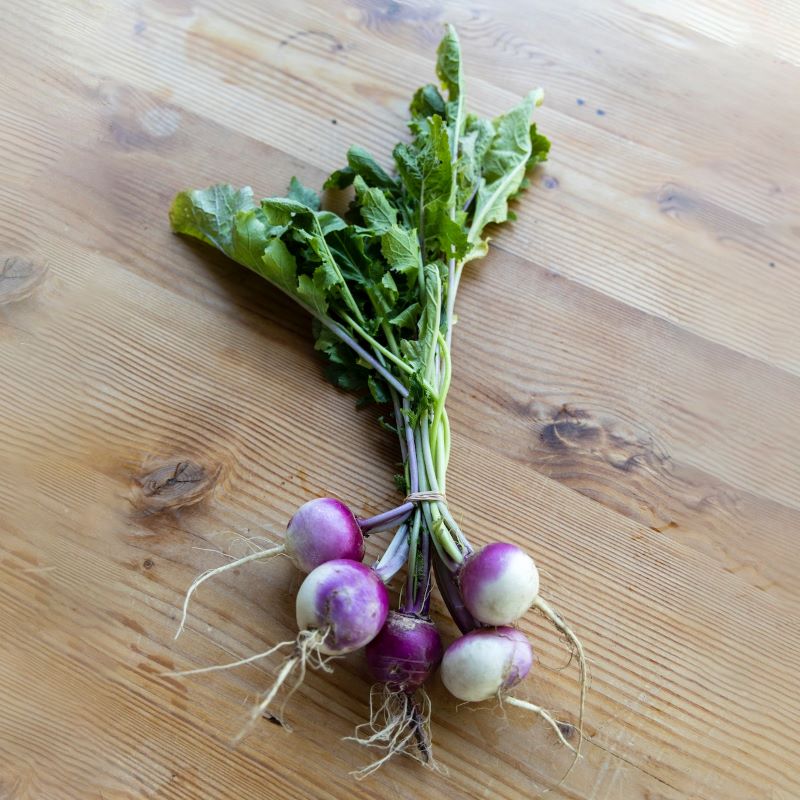by Charlotte Ndupuechi.
It feels like we are falling down yet another rabbit hole of totally ridiculous situations in the UK. The Credit Crunch, the Bankers Crash, Covid and now the cost of living crisis. It seems the incompetent UK government are set to drive us from one absurd situation to another. We have seen the rush for toilet rolls, for hand sanitiser, and now we’re seeing shortages of tomatoes and cucumbers on our shelves. These items are as elusive as the Prime Energy drink so craved by teenagers across the country.
But maybe this is a chance to reflect on the foods that we eat. I’m not quite suggesting that we eat turnips three times a day which may make Tory MP Therese Coffey happy, but perhaps this is a chance to reflect more on the food chain in the UK as a whole. We do need to have more long-term planning in place for greener, more sustainable and nutritious food.
Eating food when it is in season has many benefits. Many people don’t even realise that food has a season and it’s something people need re-educating about. Should we expect to see tomatoes and cucumbers on our shelves in February? Losing the influx of cheap labour from the EU will of course have consequences. But do we really want a food chain that exploits workers in casual labour with all the associated issues or to be eating foods that are flow halfway around the world before they get to our shelves?
We need a long-term plan, such as those seen after the Second World War from the Ministry of Food and Agriculture. Of course it was not without its flaws, but the British population emerged healthier than it had ever been.
“Infant mortality rates declined, and the average age at which people died from natural causes increased,” said Medical News Today.
There had been a drive to educated people to put nutritional, cost effective meals on the tables. Potato Pete and Dr Carrot characters were invented as part of the Dig for Victory campaign encouraging Brits to eat homegrown, local and seasonal produce.
Maybe this latest ‘crisis’ will force us to think about school gardens and creating community spaces used for growing food, or a plan for training and education such as new apprenticeships for modern farming, using the latest technological advances.
Campaign such as Dig for Victory might be easier to get behind rather than ‘let them eat turnip’
- We hope you enjoy our website. In Common is not for profit. We rely on donations from readers to keep the site running. Could you help to support us for as little as 25p a week? Please help us to carry on offering independent grass roots media. Visit: https://www.patreon.com/incommonsoton
.

